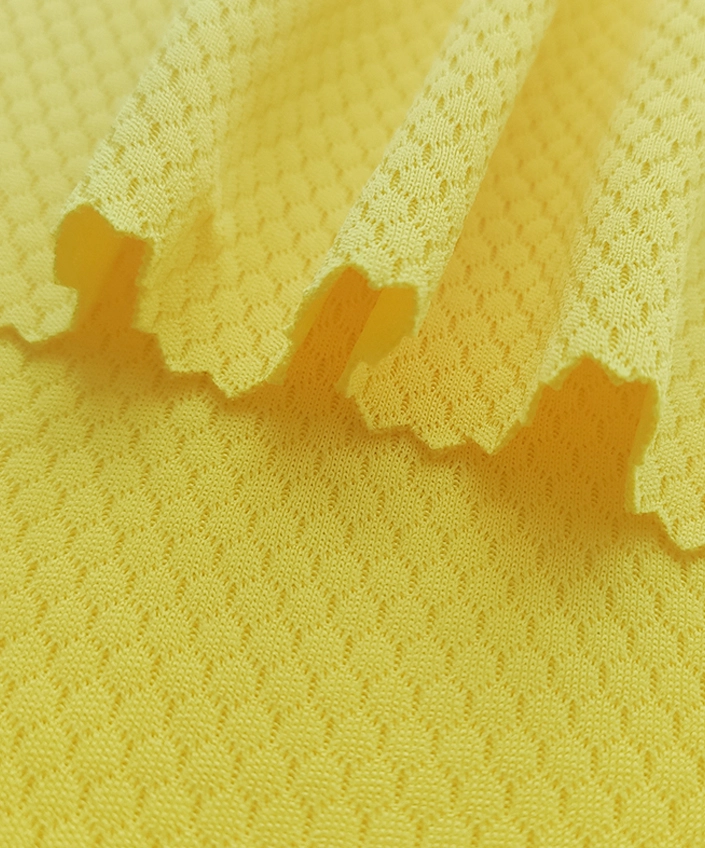The soft, smooth texture of bamboo fibers (with rounded cross-sections) reduces skin friction, ideal for sensitive skin. Blended with cotton (e.g., 95% cotton + 5% bamboo), it retains cotton’s gentle hypoallergenic feel while enhancing durability.
Bamboo’s hollow fiber structure creates micro-gaps for airflow, regulating temperature (keeps wearers 2°C cooler in summer and warmer in winter). Combined with cotton’s breathability, the fabric wicks moisture 3.5x faster than pure cotton, preventing dampness.
Bamboo’s natural antimicrobial agent, “Bamboo Kun”, persists post-processing, inhibiting odor-causing bacteria and fungi. This complements cotton’s hypoallergenic traits, ensuring freshness even during prolonged wear.

Bamboo grows rapidly (3–5 years to maturity), requires minimal water, and thrives without pesticides. Blended with organic cotton, it reduces water usage by 60% compared to conventional cotton.
Natural "Bamboo Kun" inhibits bacteria and fungi growth, ideal for activewear and undergarments to maintain freshness.
Bamboo’s hollow fibers absorb moisture 3.5x faster than cotton, regulating body temperature (2°C cooler in summer) and wicking sweat efficiently.
Smooth, rounded bamboo fibers minimize skin irritation, suitable for sensitive skin and baby clothing.
Blocks 99% of harmful UV rays, while cotton-bamboo blends enhance fabric strength and longevity.
Decomposes naturally within 180 days without microplastic pollution, aligning with circular fashion principles.
Bamboo processing emits 1/3 the CO2 of synthetic fibers, with 98% chemical recovery rates in eco-certified production.